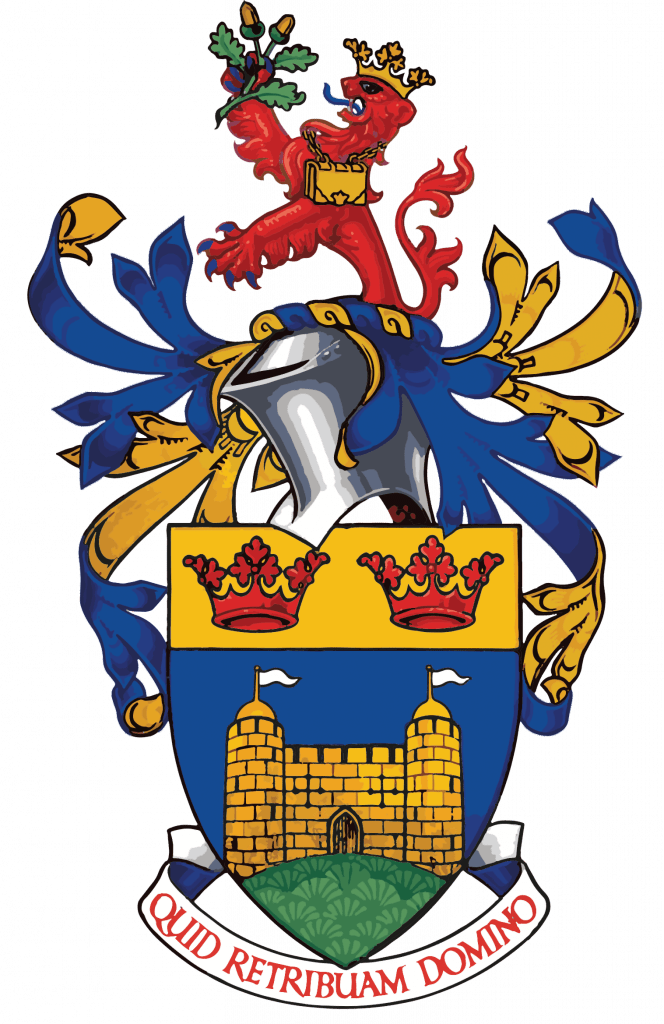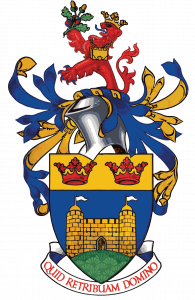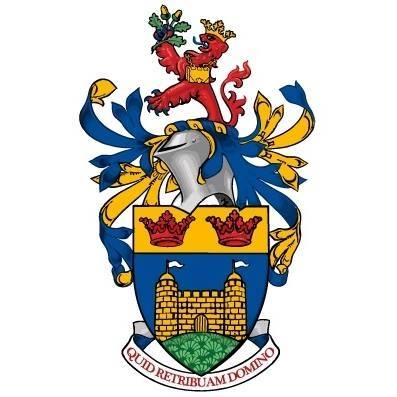Biology
How do we start to conserve an endangered species? What is actually happening inside your body when you eat your breakfast or run for the school bus? What will you find inside a cell? How do your genes make you unique? Where does your urine come from? Find out all of the answers to these questions (and many more) in A Level Biology. If you have a good general understanding of science and an urge to find out more about the living world around you, A Level Biology could be for you. During Year 12 you will learn the important basics of biology, including cells, biochemistry and biodiversity. In Year 13, we study specific systems in much more detail. In order to enhance your learning and experience biology in the real world, we will visit several local organisations including the Yorkshire Wildlife Park to find out how they conserve their animals, both locally and internationally, and Harlow Carr Gardens in order to complete ecological experiments that are not possible within a school setting. You will also have the opportunity to develop your research skills by completing a series of independent projects throughout the course, in which you study specific areas of biology and apply them to examples of your choice.
To get started
We ask for grade 6 in GCSE Triple Science or Combined Science as well as grade 6 in Maths. All of the course assessment will be through exams, there is no coursework. To succeed at Biology A Level you need good GCSE mathematical skills, problem solving skills, a good understanding of GCSE Science and to be able to explain your ideas clearly in writing.
Exam and Assessment
OCR – Biology A – H420 Assessment will be 6 hours of exams for A Level. There is no coursework element but practical skills will be assessed within the written exams and also form the biology practical endorsement. The exams will also include assessment of higher tier GCSE mathematical skills. Year one includes Cell Structure, Biochemistry, Breathing and Circulation, Biodiversity, Evolution and Disease. Year two includes Communication Systems, Homeostasis, Energy, Genetics and Evolution.
What Next?
Having an A Level in a science subject is great for university applications and opens many options to you. Depending on what other A Levels you choose, A Level Biology could lead to a career in medicine, dentistry, veterinary science, science journalism, pharmacy, conservation, research science, nutrition and the food industry, forensic science, sports science, zoology or nursing, amongst a huge range of others. In fact, having an A Level in Biology will stand you in great stead for a huge range of careers, as it provides a wide range of transferrable skills.
















